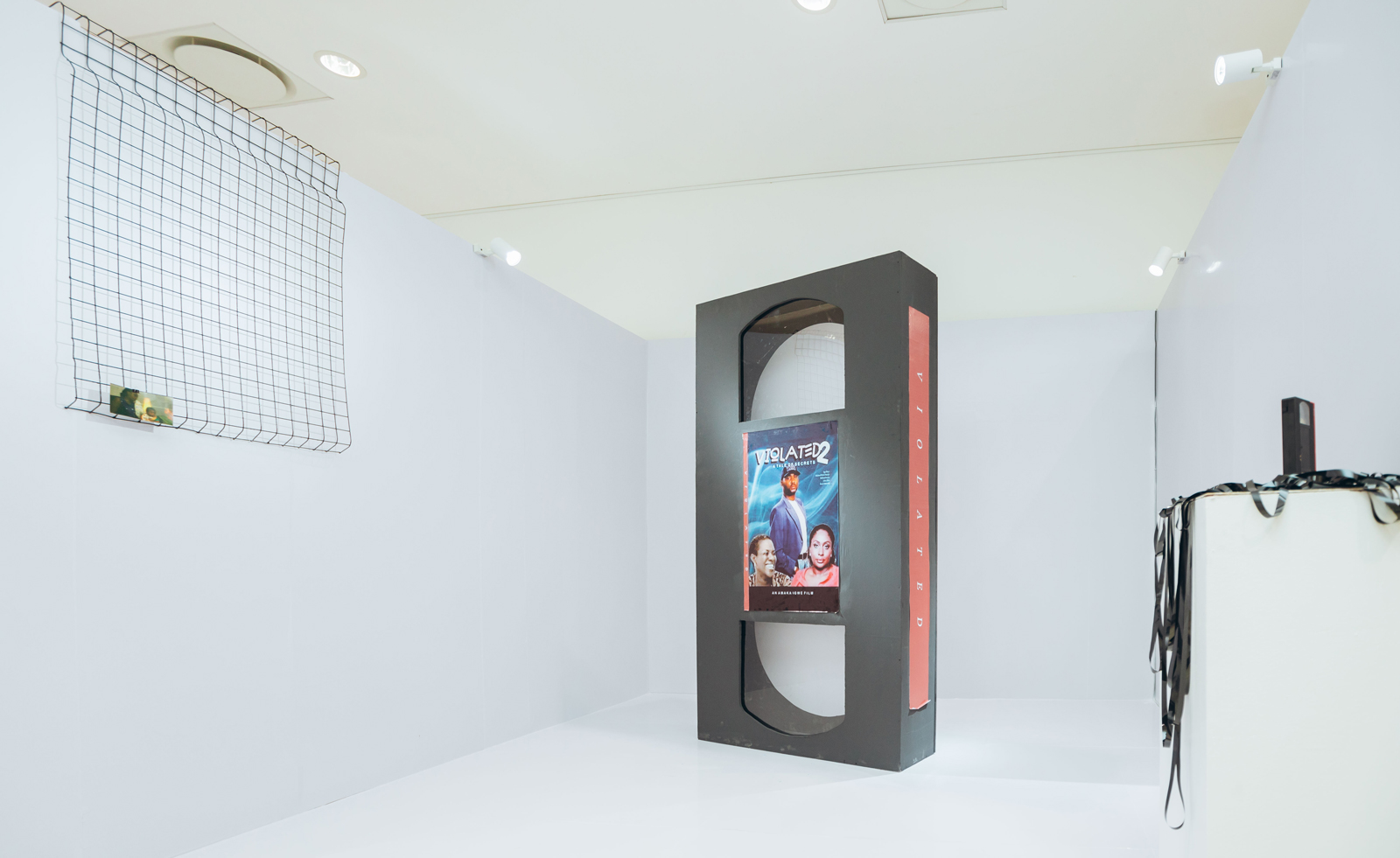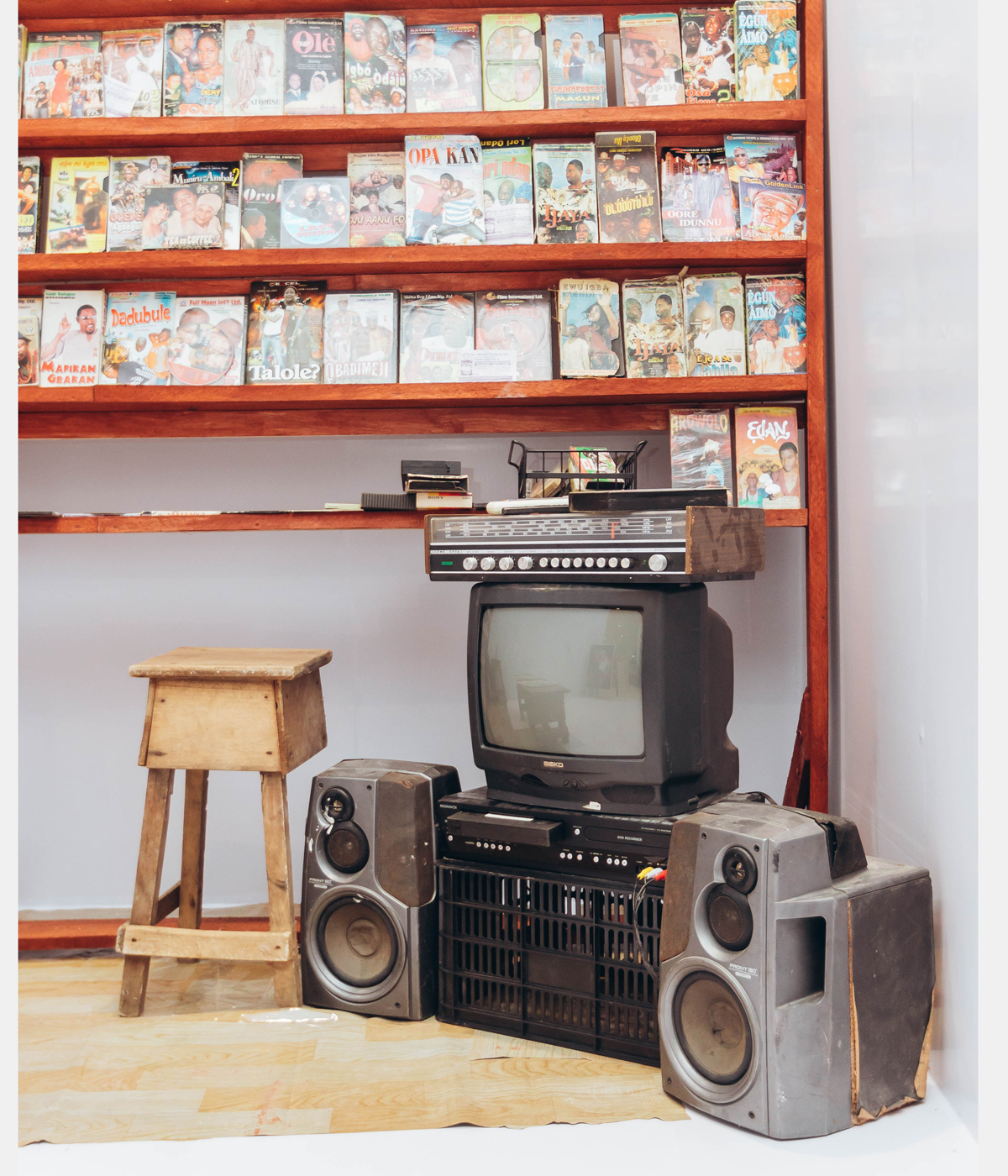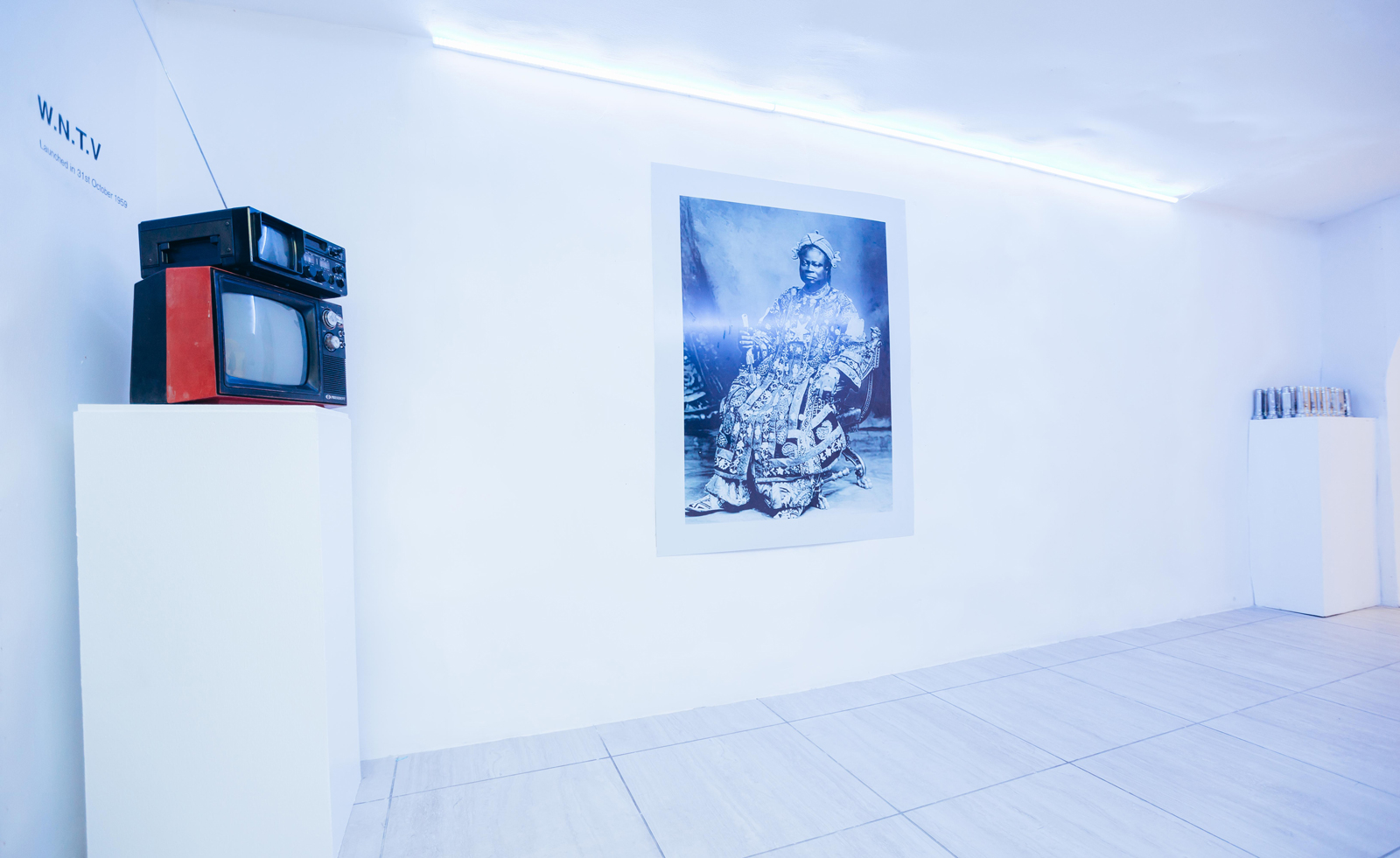Inside Nollywood: tracing Nigeria’s film history
With plans afoot for a new Lagos museum to preserve Nigeria’s film history, we hear from the collection’s curator

Receive our daily digest of inspiration, escapism and design stories from around the world direct to your inbox.
You are now subscribed
Your newsletter sign-up was successful
Want to add more newsletters?

Daily (Mon-Sun)
Daily Digest
Sign up for global news and reviews, a Wallpaper* take on architecture, design, art & culture, fashion & beauty, travel, tech, watches & jewellery and more.

Monthly, coming soon
The Rundown
A design-minded take on the world of style from Wallpaper* fashion features editor Jack Moss, from global runway shows to insider news and emerging trends.

Monthly, coming soon
The Design File
A closer look at the people and places shaping design, from inspiring interiors to exceptional products, in an expert edit by Wallpaper* global design director Hugo Macdonald.
When Taiwo Adeyemi set out to document and preserve Nigeria’s film history as curator of last year’s Lagos exhibition, ‘Losing Daylight’, he spent time travelling across the country talking with people to find some of the items he’d eventually display at an exhibition.
After collecting a number of items, the restoration process started, to ensure they were good enough to be presented. ‘A lot of the items we found were in terrible condition, and some of their custodians were also unwilling to let them go. The ones that did [requested] exorbitant prices,’ Adeyemi says.
Documenting Nollywood, the Nigerian film industry

Popularly known as Nollywood, a moniker that first appeared in writing in 2002, the Nigerian film industry has gone through different eras – from colonial to the Golden Age, the video film era, and now the New Nigerian Cinema era – always evolving, and continues to deliver new films and shows for its audience.
With an estimated 2,500 films churned out yearly, Nollywood is currently the second-largest movie industry in terms of output, after India’s Bollywood. But a lot of the history regarding the people behind the industry and its expansion has been lost due to the lack of documentation.
‘Documenting the history of Nollywood is important because people do not have context. For an industry this big, it is impossible that there shouldn’t be references,’ says Adeyemi. ‘When there is no reference, you’re limited with what you can build because you do not know what to compare it to, and whatever you build will feel incomplete. So I think it is important to build that context and create that reference so everybody trying to make Nollywood better as an industry today can compare their notes.’

Filling in the absence of historical evidence is something Adeyemi understands. He is bullish about preserving history, while making his work as a talent manager easy because ‘knowing the history of Nollywood and how the films that came before were structured creates a better understanding of stories’, especially for his clients.
As Nigerian films continue to do well locally and internationally, documenting it becomes more important, to make its history more accessible to the younger generation.
Receive our daily digest of inspiration, escapism and design stories from around the world direct to your inbox.
This has led to ‘Losing Daylight’ becoming not just an exhibition, but a permanent collection that preserves film history in Nigeria. The exhibition blended arts with history by displaying rare footage, old newspaper articles, scripts, memes from scenes that went viral, and physical media of old Nollywood films, providing a glimpse into both forgotten and unknown moments that shaped the industry as it is known today.
A physical space to house all these items and restore more will open later in 2024, to serve as a museum for Nigeria’s film history, collecting and protecting the stories that continue to define the industry. ‘There’s nowhere you can walk into today and find a repository of film history in Nigeria, and this is what we want to change,’ says Adeyemi.